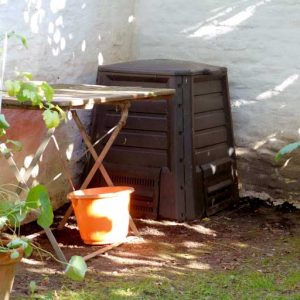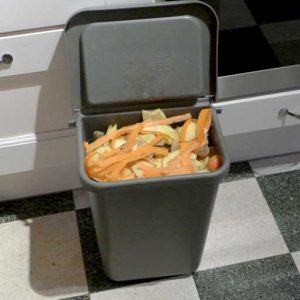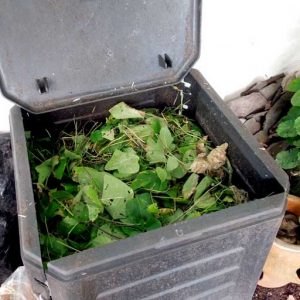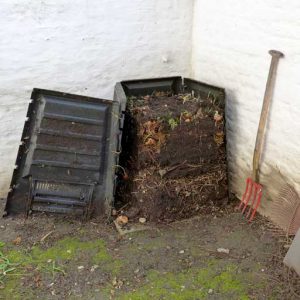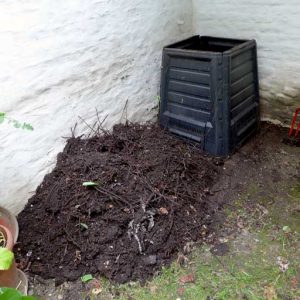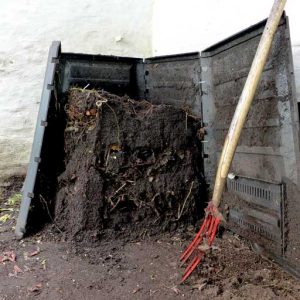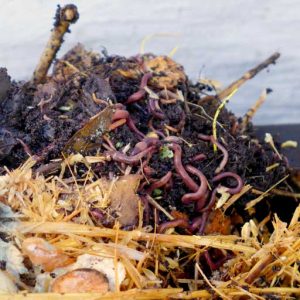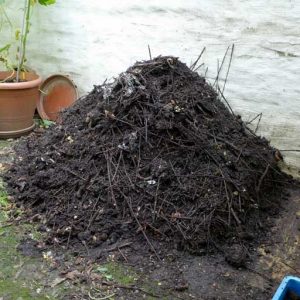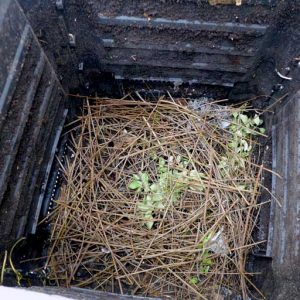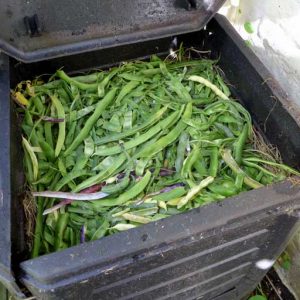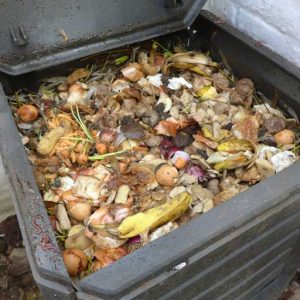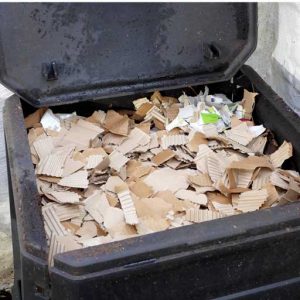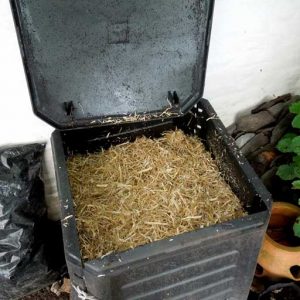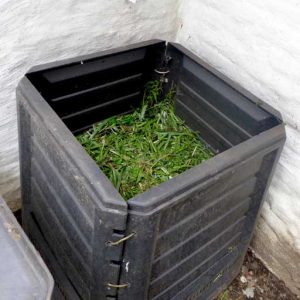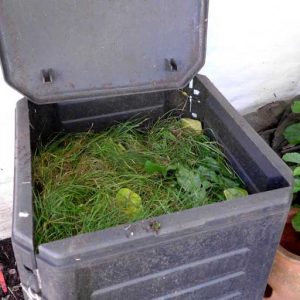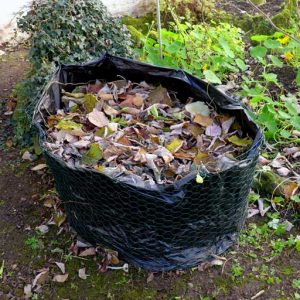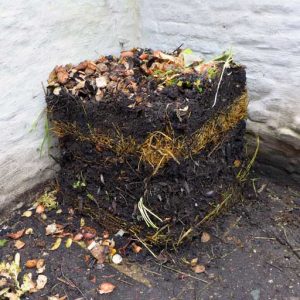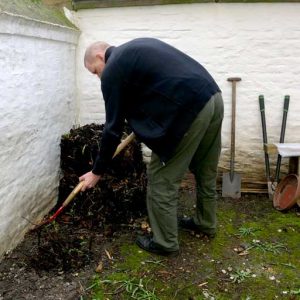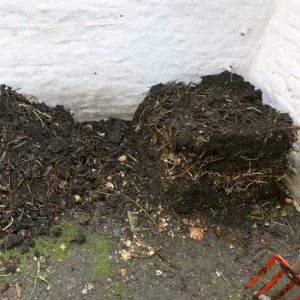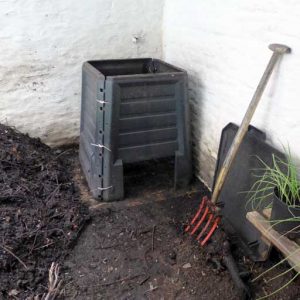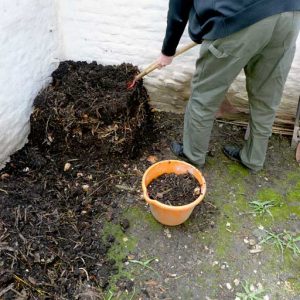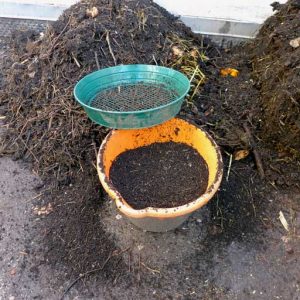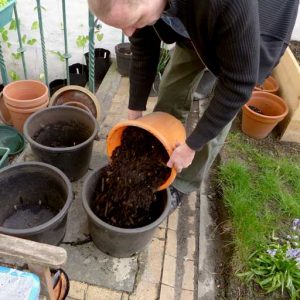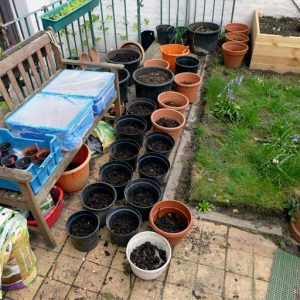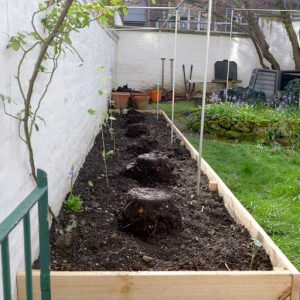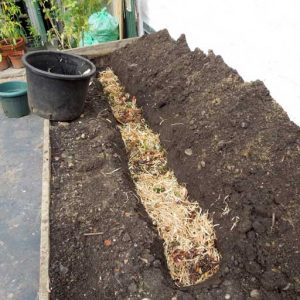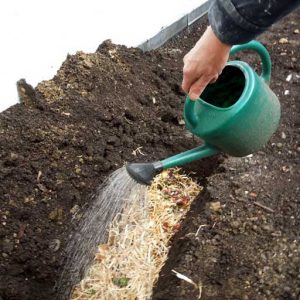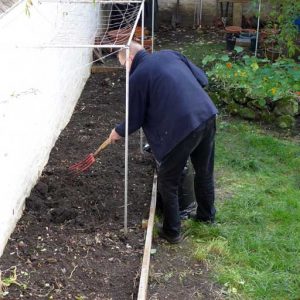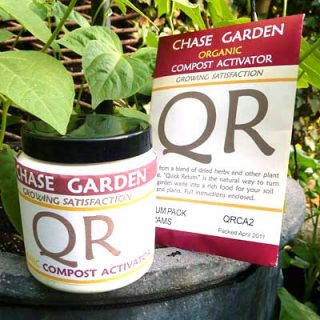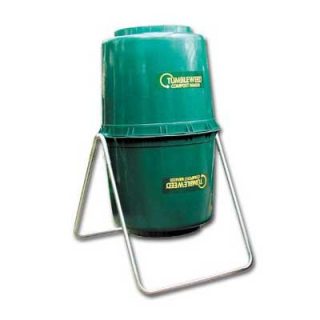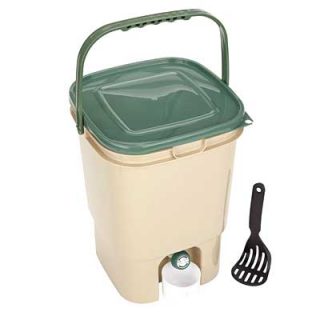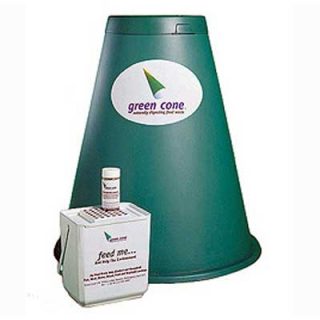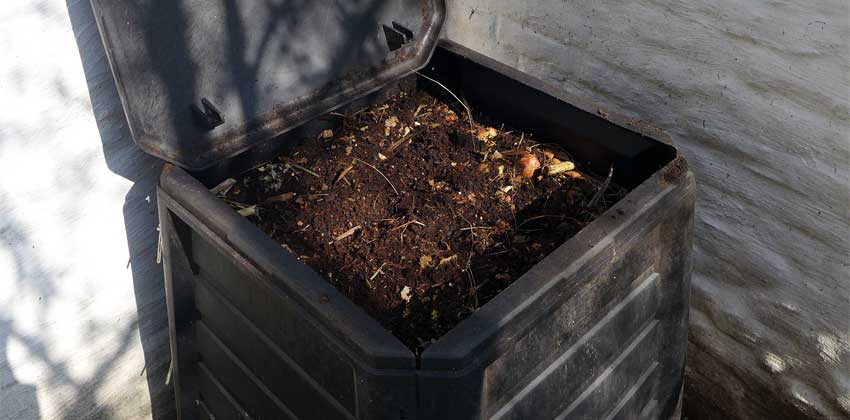
Soil is the foundation of any garden. It consists of a mixture of minerals, organic matter, gases, liquids, and the countless organisms that together support plant growth. Soil should be considered a living medium in the garden, full of life and integrated with the surrounding environment.
Creating a good “living soil” is best achieved with the regular addition of composted organic material to the soil. Making your own compost therefore becomes an essential part of good gardening practice.
Composting involves a multitude of organisms, fungus and bacteria which naturally break down organic material over time.
A working compost pile for a small family house should be at least one cubic metre. This size provides the right balance of food and space for a community of organisms to live. Compost piles can be larger or smaller.
There are four basic ingredients required for composting: nitrogen, carbon, water, and air. Nitrogen and carbon are sourced from blending roughly equal parts of green or wet material (which is high in nitrogen) and brown or dry material (which is high in carbon).
Garden waste materials such as grass clippings are ideal sources of nitrogen for composting. Vegetable and organic waste from the kitchen also provide nitrogen. Coffee grounds and tea bags are a good nitrogen source for composting (avoid meat or dairy scraps).
Manure from chickens, cows or horses is rich in nitrogen and can help a compost pile get to a proper temperature. It is worth sourcing as an additive to any domestic compost pile.
Carbon is sourced from dry garden material such as leaves, twigs or hay. Shredded paper or cardboard can provide an additional carbon balance for a compost pile. Sawdust, wood chips and wood ash also provide carbon.
Composting in an urban environment is straightforward. In-expensive containers for composting enclose the process and are situated on a bare piece of ground, 1 metre square. This size of unit produces sufficient soil each year to feed a vegetable garden. If a vegetable bed is prepared and maintained with sufficient nutrients there should be no need for chemical fertilisers.
Filling a compost bin can be done in many ways. For an urban garden using household and garden waste there is a seasonal routine to the filling. Layers of waste material are added weekly as they become available and the whole pile is turned over on itself every month or so. The more often the pile is turned over the better the air is circulated encouraging the decomposition process.
At the end of the growing season the compost is remixed with the garden waste for the year and bedded down for the winter. This provides a rich and active compost for the spring. At this stage it is useful to add manure or other organic additives to boost activity over the winter.
Environmental factors are important, whether the climate is wet or dry, hot or cold. In Brussels, which is wet and damp, a dry composting approach is the best starting point.
Growing your own soil is fundamental to understanding the growing of plants. As garden productivity is mainly driven by soil nutrient content, soil moisture, soil structure, soil pH and light intensity, composting and recycling within the garden helps build a natural resilience into the garden which helps prevent disease and pests.
The first thing to grow in any garden is the soil.
-
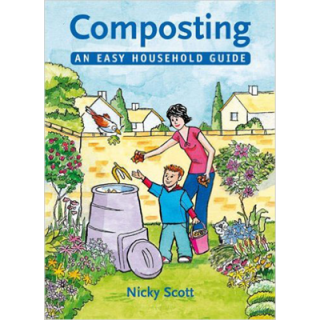
Nicky Scott – Composting, An Easy Household Guide
€0.00 View On Original Site -
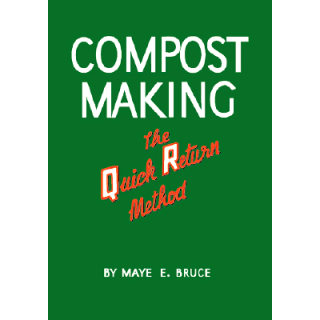
Compost Making – The Quick Return Method
€0.00 View On Original Site -
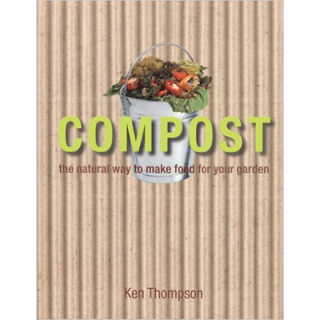
Ken Thompson – Compost: The Natural way to Make Food for Your Garden
€0.00 View On Original Site -
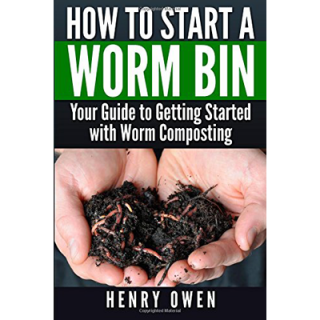
Henry Owen – How to Start a Worm Bin, Your Guide to Getting Started with Worm Composting
€0.00 View On Original Site
